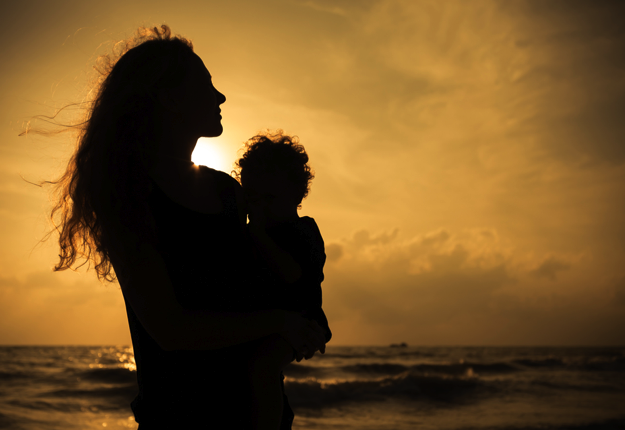My name is Zara. I’m 32 and live in Perth with my husband and three young children. I was five the first time I was sexually abused.
Though I was an innocent child I felt that I had been “naughty” and the possibility of my parents discovering what I had done would result in serious consequence so I remained silent.
I had never been taught that my body was my own, that I could say “no” and there were responsible, supportive and trustworthy adults that I could turn to for protection and support. My belief that I was unworthy of acknowledgement or respectful treatment from anybody, especially men, was later reinforced by my parent’s response, or lack of, after I disclosed that I had been sexually abused by two family friends between the ages of fourteen and sixteen.
I grew up in Perth until I was 11 and moved to the Sunshine Coast with my family until I was 19 and I returned alone to Perth. I attended a Baptist Church upon arriving in Perth and a Pastor there has since told me that his first impressions of me were that of a young girl in an older woman’s body; I wore no colour, I was “hiding”, there was sadness in my eyes, and my general demeanour was that I was carrying a sea container upon my shoulders. He had put to words how I had felt for so long but had not been able to acknowledge until moving to Perth away from my family. It took a counsellor interrupting me and asking the typical question of “how did that make you feel, Zara” for me to begin considering the implications in my own life. I had no response for her so she left it with me as “homework”. I thought about it during the week with gut-wrenching cries of grief that had remained dormant up until that point.
The innocence of children is precious and beautiful. My children relate to others without considering such things as skin colour, disability, background or social standing; they simply see a person they can say hello to.
How do we as parents create awareness in our children without robbing them of their innocence?
The reality that not all people are as they appear, some are “wolves in sheep’s clothing”, forces me to consider how I can nurture the enjoyment and openness my children have towards others but at the same time educate them about their bodies being their own, how to judge whether a situation is safe, and reiterating to them that Mum and Dad will love and accept them always and can be told anything.
The truth is that “stranger danger” exists but it is those we feel we know and trust, family or friend, that pose the greatest danger.
As survivors heal they acknowledge to themselves and others that they have been abused, they feel emotion, and they find their voice – all of which they deny themselves during the abuse in order to survive.
My recovery has been more painful than the abuse itself and it can get terribly lonely as one struggles to connect with others who enable them to be open and honest about their reality, accepting them unconditionally and not silencing them further by promoting their own agendas and expectations.
Though I have found recovery to be more painful than the abuse itself, I cherish what I have as a result. I can know myself much more intimately, be uncompromising on my values, appreciate certain things which others may either ignore or take for granted and perhaps show instinctive compassion towards others who are hurting.
I have previously spoken publicly about my experiences and am often met with questions regarding how I survived and statements expressing amazement that the person standing before them does not reinforce the image they have of how a survivor of sexual abuse would look like. The inability to relate to my family due to their lifestyle and immoral choices forced me to be independent, determined and to accept that I may never have their approval and involvement in my life, though I desire it. Independence from my family led me to seek relationships with adults who led moral lifestyles and gave me hope.
I have often heard of sexual abuse being a societal disease however I believe a society which nourishes and promotes the silence of survivors through an inability or refusal to accept the truth for what it is and to show compassion towards survivors after such an event through the manner in which we respond is a disease which has equal devastation. The words of Simon and Garfunkel in their song “The Sound of Silence” that silence is truly like a cancer growth adequately describes the silence behind sexual abuse.
I have the privilege of sharing insights regarding sexual abuse based upon personal experience as a survivor. I hope my words leave readers challenged to consider the reality of sexual abuse and the consequences it can bring to one’s life, but also the hope that there can be recovery and a fulfilling life after such events.
If you have been through abuse and would like to talk to someone, please contact ASCA.
Call ASCA’s Professional Support Line 1300 657 380 9-5, 7 days for information, support, referral, survivors, supporters & health professionals.




















10:43 am
2:31 pm
10:20 pm
4:33 pm
10:45 pm
4:02 pm
2:57 pm
7:11 pm
6:57 pm
9:55 pm
8:02 am
9:09 am
5:38 pm
7:24 am
10:35 pm
8:51 pm
8:26 pm
9:41 pm
9:38 pm
3:47 pm
- 1
- 2
- »
Post a commentTo post a review/comment please join us or login so we can allocate your points.